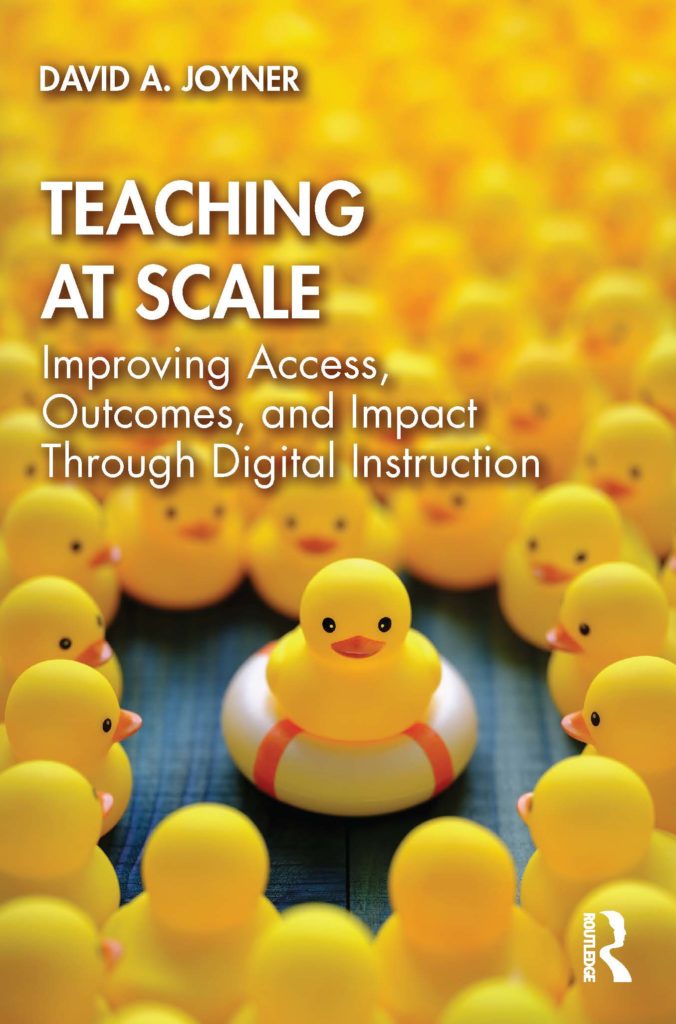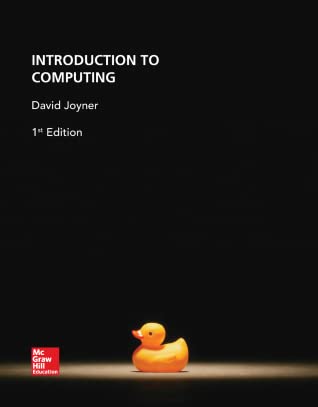For Christmas in 2018, my daughter bought me Small Gods by Terry Pratchett. She was only 3 at the time, but when we would go Christmas shopping I would give her a bag to secretly put my present in, then we’d tell the cashier to ring up the contents of that bag and not show it to me. She bought it because it had a turtle on the cover. But I read it—the first book I read cover-to-cover in about five years—and I adored it. It kicked off a love of reading that is still going strong, five years and 544 books later.
Starting in 2020, I began compiling lists of my top ten books that I read in the previous year—not books published in the previous year, but that I personally read in the previous year. Here were the books from 2020, in no particular order, with a little added regarding what I remember about them now. But first, the way I prefaced this list back in 2020:
I read a lot, but I don’t usually write book reviews because I don’t really think my perspective is useful to other people broadly. The fact that I thoroughly enjoyed Small Teaching Online is irrelevant to the 99% of people I know who don’t teach online. The fact that I disliked Eleanor & Park is more indicative that I’m probably not the book’s target audience. Plus, a lot of the books I read are more than a few years old; what’s the point in a review for something that old?
But as part of my year in review this year, instead of the painstaking genre and medium breakdown I did last year, I figured I’d just choose my personal ten favorite books I read this year. This isn’t meant to suggest anyone else will enjoy these, but just that these are the ten books that I remembered most fondly when scrolling through the list of 105 books I read this year.
- Just Six Numbers by Martin Rees. There are six universal constants that physicists cannot yet derive from other fundamental laws. If any of these constants were different by just a little bit, life in the universe probably couldn’t exist. It’s a fascinating look at physics itself, but unlike most physics books, it has a beautiful focus on what we don’t know.
- God’s Universe by Owen Gingerich. Similar general topics to Just Six Numbers, with an added wrinkle observing how bizarrely comprehensible the universe is when it didn’t need to be.
- Small Teaching Online by Flower Darby. It’s like an entire book of things I learned the hard way as I got started teaching online. Plus, it was the first experience I ever had with reading a book and unexpectedly finding myself quoted—which will always hold a special place in my heart.
- Going Postal by Terry Pratchett. I love Terry Pratchett, but the Moist von Lipwig is my favorite sub-saga of the lot, and Going Postal is probably my favorite book from that portion.
- Ten Drugs by Thomas Hager. I’ve always loved books that retell the history of the world through a particular lens. One of these days I plan to marathon a series of “A History of the World in [Something]” books. But in the meantime, Ten Drugs—essentially a history of medicine in ten notable drugs—is one fantastic example.
- The Emperor’s Soul by Brandon Sanderson. This was the first experience I had with a book I truly couldn’t put down—I finished it in a single night—and to date one of only a handful of examples of that phenomenon. Most of which have come from Sanderson. And speaking of which…
- Elantris by Brandon Sanderson. With the benefit of hindsight, I can recognize in general what I loved about this book in particular: Sanderson writes the level of fantasy that I like, interesting and fantastical without feeling like you need a bestiary and a dictionary alongside to understand it. He also treads the line of fanservice beautifully, giving the reader enough satisfying developments to stay engaged without becoming utterly predictable. I’ve gone on to feel the same way about Mistborn, and I can already tell my daughter and I will love Skyward.
- Deaf Republic by Ilya Kaminsky. This was my first experience with a book of poetry that also tells a story, and it’s stunning to me how effective the medium is for something more narrative.
- City of Endless Night by Milo Hastings. I picked this up to read on Kindle because, frankly, it was free, given that it’s 100 years old and in the public domain. I was stunned by both how interesting the story was, and by how prescient some if its predictions were. This was a book released in 1920 whose entire basis was the developments in the world after World War II against Germany. You read that correctly: it was released in 1920, based on how the world developed after World War II against Germany.
- The Starless Sea by Erin Morgenstern. If I’m ever interviewed and asked my favorite author, the answer is Erin Morgenstern. It almost feels wrong to say given that she’s only written the two books—by comparison, I’ve read more than a dozen each by Terry Pratchett, Billy Collins, Neil Gaiman, and Jeremy Robinson, and several by other favorites of mine like Becky Chambers, Max Barry, Leigh Bardugo, David Wong/Jason Pargin, Rhett C. Bruno, Yahtzee Croshaw, Mark Forsyth, Stephen Fry, Sam Kean, Seanan McGuire, Scott Meyer, Kaoru Mori, Randall Munroe, Oliver Sacks, Brandon Sanderson, and Dennis Taylor (okay, that was mostly an exercise in brainstorming my favorite authors), but Morgenstern’s two books have left the most indelible memories in my mind.















